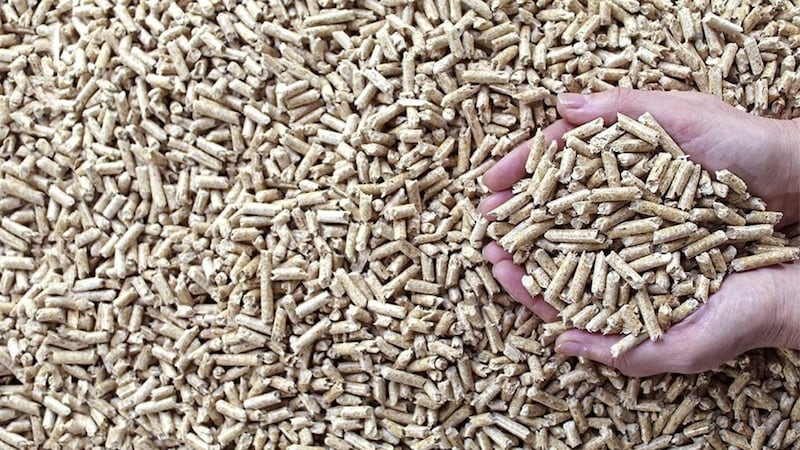WHO could have imagined 10 years ago that we would live in a world where media outlets need to appoint reporters whose sole remit is to separate fact from fiction. Or as President Trump’s former counsellor Kellyanne Conway might have put it, fact from ‘alternative fact’?
While fake news is far from being a new phenomenon, its ubiquity has been accelerated by the continued rise of social media; misinformation now pervades every aspect of our lives having a detrimental effect on communities and societies at a local and global level.
Most of us, when we think of fake news, think of the viral misinformation doing the rounds like theories on the origins of the pandemic or widespread voter fraud in the US elections. The sources of such stories, according to BBC’s Specialist Disinformation Reporter Marianna Spring, fall into roughly five categories: the joker who is unwittingly taken seriously; politicians and state sponsored media with a political agenda; scammers out to make money (say from fake Covid-19 remedies); conspiracy theorists (e.g. those wrongly claiming 5G causes Covid-19); and ‘insiders’ who are ostensibly trustworthy sources like unnamed doctors or scientists who turn out not to exist or whose information has been changed in the telling.
Just as fake, or counterfeit, products are damaging to industry and people’s livelihoods, so too fake news and misinformation impact on the economy. Not only do misleading and misinformed pieces affect business and consumer confidence in products and companies, but often fake financial news is written with the specific goal of directly affecting stock markets.
Research conducted by a research team from MIT, Yale University and AQR Capital Management found that fake financial news increases trading activity and price volatility relative to non-fake news for the equity securities of firms mentioned in articles.
Currently false stories by anti-vaxxers related to the speed of development of Covid-19 vaccines have exacerbated what the World Health Organisation has referred to as an ‘infodemic’, the wave of misinformation that has flooded social media since the pandemic started. WHO warned last week that the very technology relied upon to keep people informed and connected “is enabling and amplifying an infodemic that continues to undermine the global response and jeopardises measures to control the pandemic.”
This global issue has ramifications at a local level for an Executive in the throes of preparing the logistics of a large scale roll out of a vaccine – if scepticism around the vaccine takes hold there will be a job to be done in persuading the public to get it and a knock on effect on getting a grip on the virus.
Much criticism has been levelled at the major social networking sites and in particular at Facebook, for their inaction in the face of the constant stream of misinformation across their platforms. Each company has railed against the criticism, but each has recently taken steps both individually and collectively, to demonstrate their increased effort and focus on handling untruths.
In the aftermath of the US election Twitter was quick off the mark, rebutting unsubstantiated claims of voter fraud by putting notifications on tweets, repeatedly so in the case of President Trump. Facebook has launched a new information hub to provide users with ‘science-based information’ about climate change.
The climate change hub comes after Mark Zuckerberg’s company dealt with an eruption of misinformation across its services regarding the cause of the wildfires that ravaged the West Coast of America. Youtube, Facebook and Twitter have announced that they have aligned in their approach to the spread of misinformation around Covid-19 vaccines and their intention to join forces with fact-checkers, governments and researchers to establish new ways of dealing with misinformation. How they go about it remains to be seen.
Fact checkers, like fake news, have been around for a while, however, they have grown exponentially in recent times. Besides Marianna Spring and her colleagues in similar roles in mainstream media there are a plethora of fact-checking sites and organisations, some like Full Fact are registered charities, others are privately run like Snopes, all are at pains to point out their objectivity.
Taking on fake news is a mammoth task, the battle facing the truth seekers is enormous as they seek to identify the malignant actions of the hoaxers, scammers and despots. But the success of fake news of course, relies upon the capacity of those it targets to believe it. Our gullibility it seems, knows no bounds. Much work is being done in this area too, from studies into predicting our susceptibility to fake news to sites offering tips on how to spot it.
The most effective tip to follow, of course, is to get your news from a reliable source. And as you are reading this in the Irish News, you’re off to a good start . . .
:: Claire Aiken is managing director of public relations and public affairs company Aiken.









